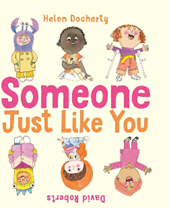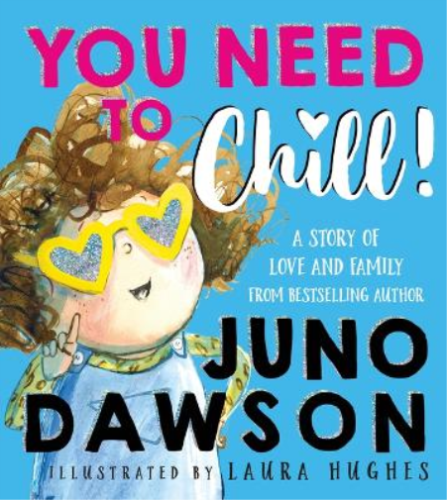My Brother George by Kelly and Zoey Allen
KS2 lesson plan
Text: My brother George by Kelly Allen Lesson plan by Andrew Moffat www.no-outsiders.com |
Enquiry Question: How does language I choose to use affect others? |
Success criteria: I know we are all different / I know what judgement is / I know I can choose how to respond / I know how my language can affect others RSE links: Caring Friendships That healthy friendships are positive and welcoming towards others and do not make others feel lonely or excluded Respectful Relationships The importance of respecting others even when they are very different from them What a stereotype is and how stereotypes can be unfair, negative or destructive |
Starter: What is judgement? Can you think of a situation in which someone might feel judged? Consider the enquiry question; what do you think it means? Read the dedications at the front of "My Brother George": "To George, the most wonderful boy in the world. You are such a kind and gentle soul and the world is a happier place with you in it.... For George, who is true to himself even in a world full of judgement and boxes." What do you make of these words; what do you think this story is going to be about? |
Main: Read “My brother George” discuss: - Consider the opening of the story; in what ways is George similar to you? If you didn't have the images alongside the words, how would you picture George? - At what point in the book do we learn about some of the ways George is different? (half way through: "He'd wear pretty clips in his hair, long beads around his neck and cute cosy cardigans") - Describe the reactions from some of the other children - George's long hair confuses people - why? What does that say about stereotypes today? -"Now I'm older I fee brave enough to tell people he's my brother," Why is this brave? Why didn't Molly always do that? - "I think you should get to know someone before finding out their gender," What do you think about this line? Do you agree? Why does George say this? - Now when people call him a girl, he doesn't get sad, instead he tries to help them understand," How do you think George does that? Why doesn't he get angry? - "And I'm there by his side in case he needs me," Why is this important? |
Activity: We are thinking about how our responses affect others. Have the following quotes from characters in the story written on cards and ask children to read them out before asking for responses from the class. The aim is to consider how our different responses will affect the situation and make George (and others around George) feel. Of course, you may choose not to stand up for George; we all make our own decisions and Molly didn't always stand up for her brother. You may choose to respond to the comment with your own question. Is it important to keep calm, or is anger a good response? "You're a girl!" "Why is he wearing hair clips? He looks really funny!" "Way has that child got long hair? Is it a boy or a girl? I'm confused!" "Is that your sister?" "Oh your favourite colour must be pink!" "You're too pretty to be a boy!" |
Recording: Children record responses to the above comments. Remind children what this lesson is about; what is the enquiry question? If children at school kept laughing at George or calling him a girl, what is that behaviour? (bullying) What kind of school do we want to have? Does the way George presents affect anyone else? |
Plenary: How would you describe George? Is George trans? Is George non-binary? (think aloud in front of the children... wait a minute, is it our job to define George and his identity? George has told us he is a boy, so what is George?) Near the end of the story are the words, "He's no longer afraid to be who he wants to be," Why was he afraid before? Who do you think this book is aimed at, in what year group do you think we should use this book? What can we learn from George, why is this about No Outsiders? |




Comments
Post a Comment